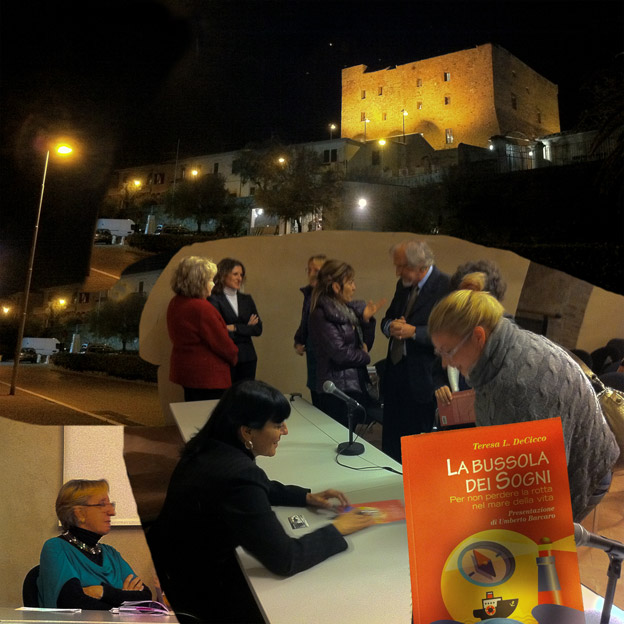Wednesday, May 30, 2012
Opinions Not Backed By Facts: Changing Paradigms
One of the biggest hurdles in research is the fact that lay people tend to have opinions about a subject without regarding the scientific literature. Therefore, a paradigm is created that is contrary to actual scientific findings. Historically this has occurred readily as when the world was discovered to be round instead of flat, or that the earth revolved around the sun and was not the only planet in the universe. Many scientists were killed over the years for revealing a "new findings". We see the resistance to new findings currently in dream research as people hold onto their paradigms. For example, there is a large body of literature that has shown that dream imagery is: a) linked to mental illness, b) specific to illnesses, and c) can aid in both diagnosis and treatment. For examples from the literature see: Beck, 1971; Bonime, 1962, Boss & Kenney, 1987; Brown & Donderi, 1986; Cartwright et al., 2006; Crook & Hill, 2003; Flowers & Zweben, 1996. As we study the scientific literature we can see that research findings reveal information that people cannot always accept; even when the findings are clear and repeated often. How can scientists help change the paradigms that popular culture hold when new research findings are revealed?
Monday, May 28, 2012
Mental Illness and Dreams
Research has shown that depression, anxiety, schizophrenia, and bi-polar disorder all clearly show up with specific dream imagery. For example, people who are high in anxiety have more scene changes than people who do not have high waking day anxiety. Similarly, bizarreness for people with bi-polar disorder shows up in dream imagery where people without the disorder have less bizarre imagery. How might these findings help health care professionals in terms of diagnosis and treatment of mental disorders? Also, what would be needed along with a record of one's dreams in order to aid treatment for such disorders?
Thursday, May 24, 2012
The Storytelling Method and Recovery Alcoholism
The Storytelling Method was found to be successful when used as a treatment for recovering alcoholics (DeCicco & Higgins, 2009). The authors found that the emotional triggers that precipitated drinking were often discovered by the dreamer, for example, deep loneliness was often felt just before drinking. Another interesting finding in the study is that recovering alcoholics often have "drinking dreams" even though they are no longer using. These can happen for months or even years into sobriety. Recovered alcoholics can find these dreams disturbing as they do not want to feel the reaction of drinking, even in dream mentations. Also, they can trigger fear that the addiction is not under control. How might TSM help recovering alcoholics deal with their emotions in waking life and with drinking dreams, should these arise?
Tuesday, May 22, 2012
The Storytelling Method with Breast Cancer Patients
The Storytelling Method was examined with breast cancer patients (DeCicco, Lyons, Pannier & Wright, 2009) and found to show that patients gained valuable insight from the method. For example, they found deep meaning in their illness with dream imagery and they found helpful coping strategies as well. How would you expect these discoveries to actually help patients in their waking life and, how might clinicians use this information when working with patients?
Wednesday, May 16, 2012
The Storytelling Method of Dream Interpretation
The Storytelling Method of Dream Interpretation (TSM) has been found useful in that participants find discovery at least 80% of the time (DeCicco, 2007). The method has been used in clinical practice and in research (For example: DeCicco, 2009; DeCicco, Donati & Pini, 2012; Decicco & Higgins, 2010). It has been found to be useful with recovering alcoholics, pain patients, cancer patients, the general public, and clinical poplulations. A recent study used TSM with soldiers as a form of self-guided therapy (Dale & DeCicco, 2012). This is particularly important since soldiers returning from war often suffer nightmares and negative imagery. How might this method aid soldiers and how might it prove useful for long-term purposes?
Monday, May 14, 2012
"Our Dreaming Mind" by Robert L. Van de Castle
In the preface of the book of "Our Dreaming Mind" the author provides a rich and interesting narrative into how and why he studies dreams. His journey into the study of dreams comes from many perspectives such as scientific, multi-cultural, biological, pscyhospiritual, and personal. As a result of these, the book provides a wide scope of the science of dreaming for the reader. Given this, how might this book lead readers into both the scientific field of dreams and the personal quest of dream interpretation as guidance for waking life?
Thursday, May 10, 2012
Subscribe to:
Posts (Atom)



